When you’ve made the choice to start a new life off-grid – aiming for more self-sufficiency, growing your own food and making more time for what’s important… your next step will be to find the ideal place to build this new life.
There are SO MANY different elements that can influence where you should or could buy your off-grid property, but I’ve taken it down to seven steps – quite similar to the steps we took when we decided to move off-grid.
Would you prefer to listen to me talk about how to search for land that fits your dream and your budget? Check out the video below!
1. Set Basic Requirements For Your Off-Grid Property
When you make the decision to move off-grid, you’ve probably got a few basic reasons for doing this. Whether you want to drop off the face of the earth, become more self-sufficient, prepare for an emergency or go back to nature (or any of the other reasons I’ve listed in an earlier article) – those reasons will greatly influence the steps from this article that will be relevant to you.
First of all, there are general climate requirements. Do you want to move towards the sun, or would you like to be able to go ice skating or snowboarding more often? Or are you happy with your current climate? Can you take a hot and humid climate or a 6 month-long winter?
What are you planning to do with your new-found life? If you want to disappear from the world, you’ll probably want a country with scarcely populated areas and/or where things are a little less regulated. If you want to take up farming, a 2-month growing season is a bit more challenging, for fishing, you’ll need water, etc.
Next, how self-sufficient do you want to be, and how non-negotiable is this? Some countries or areas won’t allow you to catch rainwater, while others force you to hook up to the mains power grid. We set up our own off-grid solar power system for our property at Mas del Encanto – and then wrote a (really straightforward and non-techy) ebook about it! If you’d like to check it out, you can do that here.
One very important factor is to know how far away you can or want to go from family or friends. Is your family really tight, and do you want to see your siblings at least twice a year? If you’re on the other side of the world, that can be rather costly – not to mention it’s not that simple to leave an off-grid home behind for a longer period of time. If you’re only a few hours from “home”, your place might become a popular holiday destination for your friends… which might be a good thing or a not-so-good thing 🙂
Next, how far away do you want to be from certain important places? If you need to travel for work or personal reasons, how long can the drive to the airport be? If you’re an introvert and plan to grow your own food, you probably wouldn’t mind being hours away from the next town – that might not be the case if you need a social life. In some cases, you might also want to be within reach of a hospital – especially if you’re suffering from a chronic problem, or not getting any younger.
Last but definitely not least in this list of basic requirements for your off-grid property, is your budget. How much money will you have set aside to buy land, travel back and forth, cover living expenses, build a house and set up your systems? If you need to import your materials or machinery from another country, those costs may rise exponentially.
2. Choose The Country You Want To Live In
There are three aspects to consider when choosing the country you want to spend the next part of your life in:
If You Like Where You Are, Stay Where You Are.
If you think the country you live in is great, and there’s a part of the country where you could actually do what you want to do, consider that area before all others. It’s a pain to migrate – so avoid it if you don’t need to.
You Need To Like That Country’s Culture
Don’t move to a country you wouldn’t like to learn the language of. Not learning the language of the country you live in can seriously set you back.
Also, don’t move to a country if you don’t like its culture. If you have a problem with the state religion, hate the local traditions, etc. – life is just going to be harder on you.
Make Sure The Country Suits Your Legal Needs
- Can you get a long-term visa for that country? What are the requirements?
- Are you allowed (as a foreigner) to buy land in that country?
- Is living off-grid allowed/supported in that country?
After reviewing these, you’ll probably be able to reduce the number of eligible countries down to just a few – or maybe you already know which country gets the honour of getting you as a new resident (or keeping you as a current resident).
3. Regional Differences
Now is when it really comes down to it: you’ll need to select just two or three areas that are ideal for what you want to do.
For the countries you have selected, look at these factors:
The Weather and Local Climate
Average sun hours, number of sunny days, average yearly rainfall, spreading of the rainfall, average temperatures, high and low temperatures, humidity, number of sun hours on the shortest day…
Look at ALL of those, but focus on the elements that are most important for you.
Legal Requirements and Restrictions
Different areas (states, provinces) in the same country can have different legal requirements or possibilities.
E.g. some US states won’t allow rainwater catchment, others don’t allow you to live off-grid.
Business opportunities
If you want to start a business, do your research.
Check out tourism in the area, if you want to start an off-grid bed and breakfast, talk to farmers in the area and research subsidies if you’re going to be farming, etc.
Money, Money, Money
The average price of land can really fluctuate between regions. This can be due to population density or the availability of resources or logistics. If you’re looking to start a small farm, it’s no use buying cheap land if lack of water is the reason it’s cheap.
4. Travel Around, See The Area And Meet People
This is the fun part of looking for land! If possible, spend a holiday (or a longer period of time) traveling around the country and region of your choice.
Get a feel for the area, the locals, (business) opportunities and (leisure) possibilities – and see if you can imagine yourself living there!
5. Pinpoint The Area And Start Making Connections
Talk to officials: talk to the local town hall or other authorities that might have anything to say about you getting an off-grid project off the ground in the area. Just an introductory chat to gauge their interest (or reluctance) to work with you on what you would do.
Talk to locals: see how they live and work, find out what is going on in the area and start making connections.
Talk to other off-grid adventurers in the area: they’ll be able to tell you what a pain it was to get their project up and running!
Go around with agents: in this stage, seeing a few properties with two or three different agents will give you a bit more insight into the possibilities, and how your needs and wants fit what’s on offer right now.
6. Look At Properties That Would Fit Your Requirements
This is, of course, the most difficult, and the most personal, part of this buying a property thing: the actual looking at properties, and deciding whether they’re right for you.
Keep your list of basic requirements (see 1) with you at all times, and try not to deviate from it too much. It’s easy to fall in love with a property, only to realize after you moved there that it should really have ticked more of the boxes!
The price of your property will depend on several elements, the most important being:
– General location (distance to town, airport, train station, shops…)
– Specific location (view, distance to neighbors, south or north facing…)
– What’s growing on the property? Are there productive trees or a garden? Is the property fenced or does it have pastures for animals?
– Does the property have access to water of any kind?
– What is the primary designation of the property – is it possible to get a building permit for realizing your dream?
Many (many!) people have to either readjust their budget or tweak their basic requirements at this point. We’ve seen so many people who expected the perfect property for an extremely low price… that’s usually too good to be true.
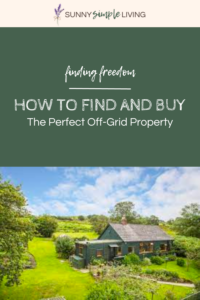
7. Buying A Property = Leap Towards Your Off-Grid Reality
Buying your property is the last step before you can actually dive in and start procedures (design and paperwork) to get your off-grid project up and running.
When buying a property in Spain, you’ll need an NIE number/paper (Numero de Identificacion de Estranjero). It’s easiest to apply for this in your own country, at the Spanish consulate or embassy. If you don’t have time for that (we got our papers by mail, a few days after applying for them in Amsterdam), you can visit the Policia Nacional in Spain to get one on the same day.
After getting your NIE, you might also want to open a bank account to handle all local transactions – especially if you’re looking to set up a business.
I don’t have any aspirations to become a lawyer, but I’d like to leave you with a piece of important advice: get a NEUTRAL party involved if you’re not a native speaker of the country you’re moving to. To translate, but also to identify the finer points in the contract, and to help out with negotiations and such.
Your real estate agent might be the most awesome guy in the world, but he still has his own interests at heart – and so do his lawyer and his notary. And a contract that looks fine at first sight, might be utterly useless when it really comes down to it.
For more tips and advice on planning an off-grid move:
- Check out our list of 101 Things To Do Before You Move Off-Grid,
- Ideas on How to Make a Living When You’re Living Off-Grid
- Advice based on our own experience before you Take the Leap and Move Off-Grid.
- Or, maybe you’d like a virtual tour of our off-grid property at Mas del Encanto, Spain.
Are you getting ready to take the leap and start your off-grid adventure? Tell us in the comments, what does your dream off-grid property look like, and where is it located?

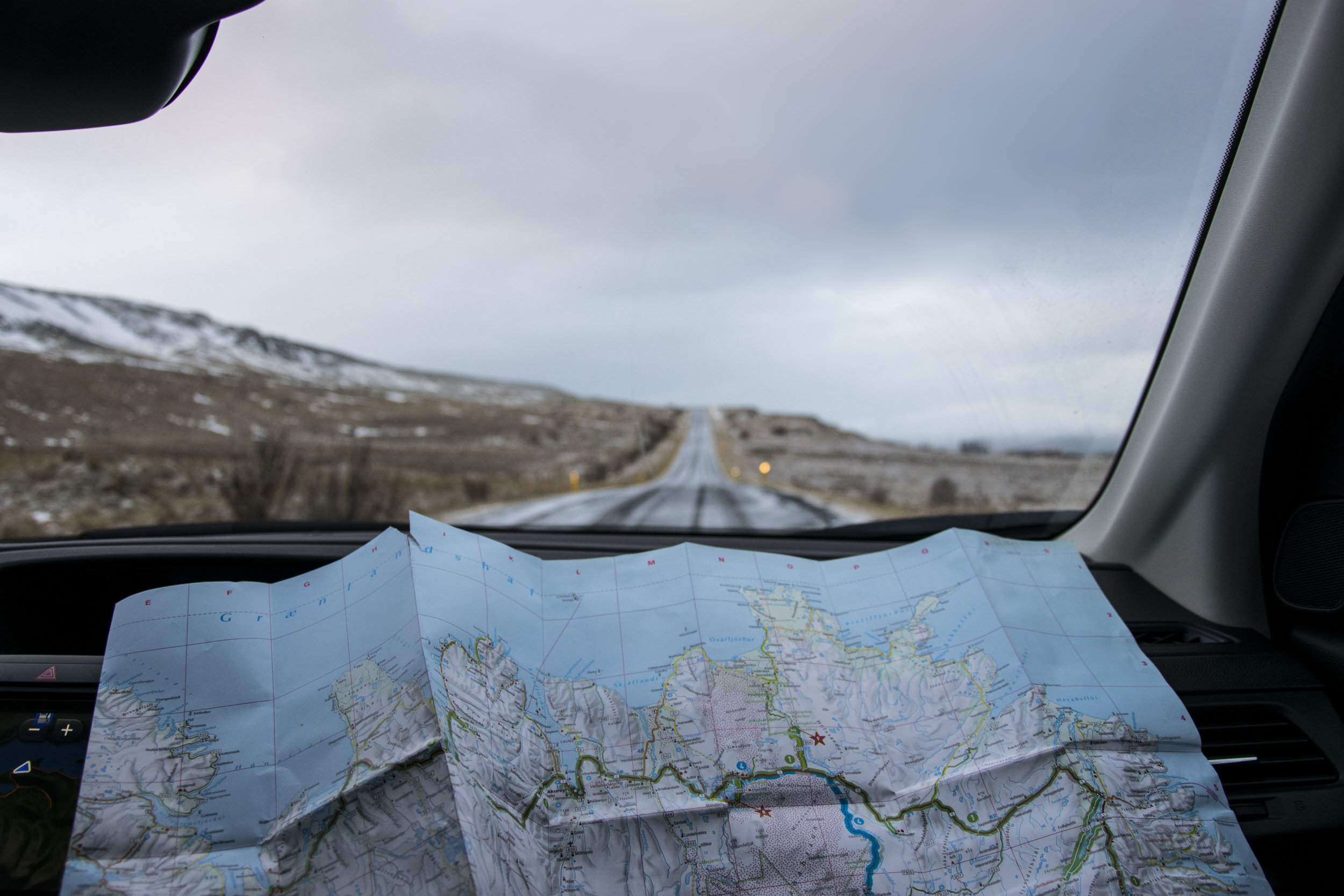
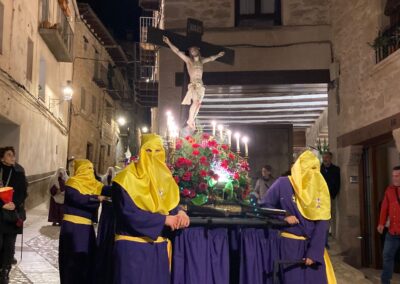
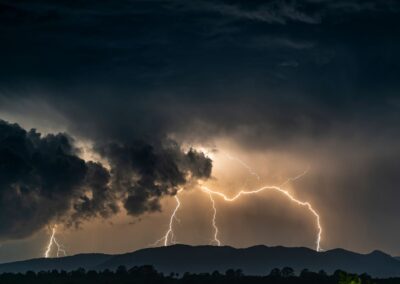
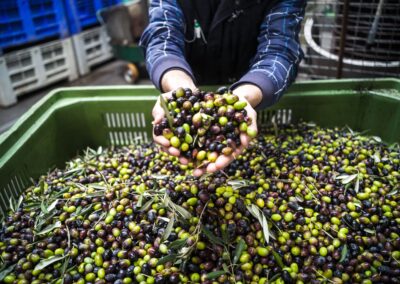
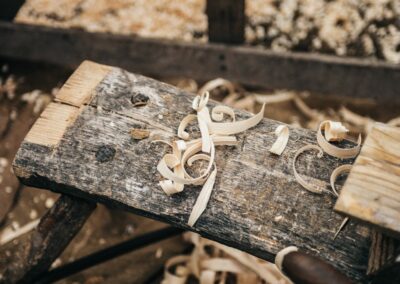
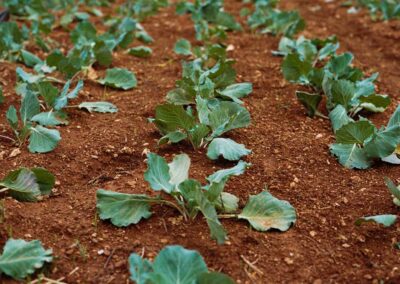
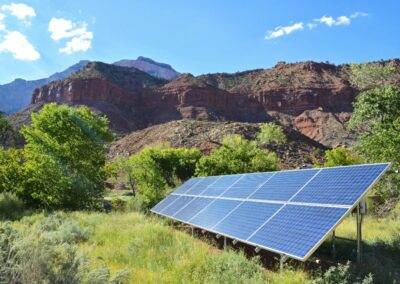
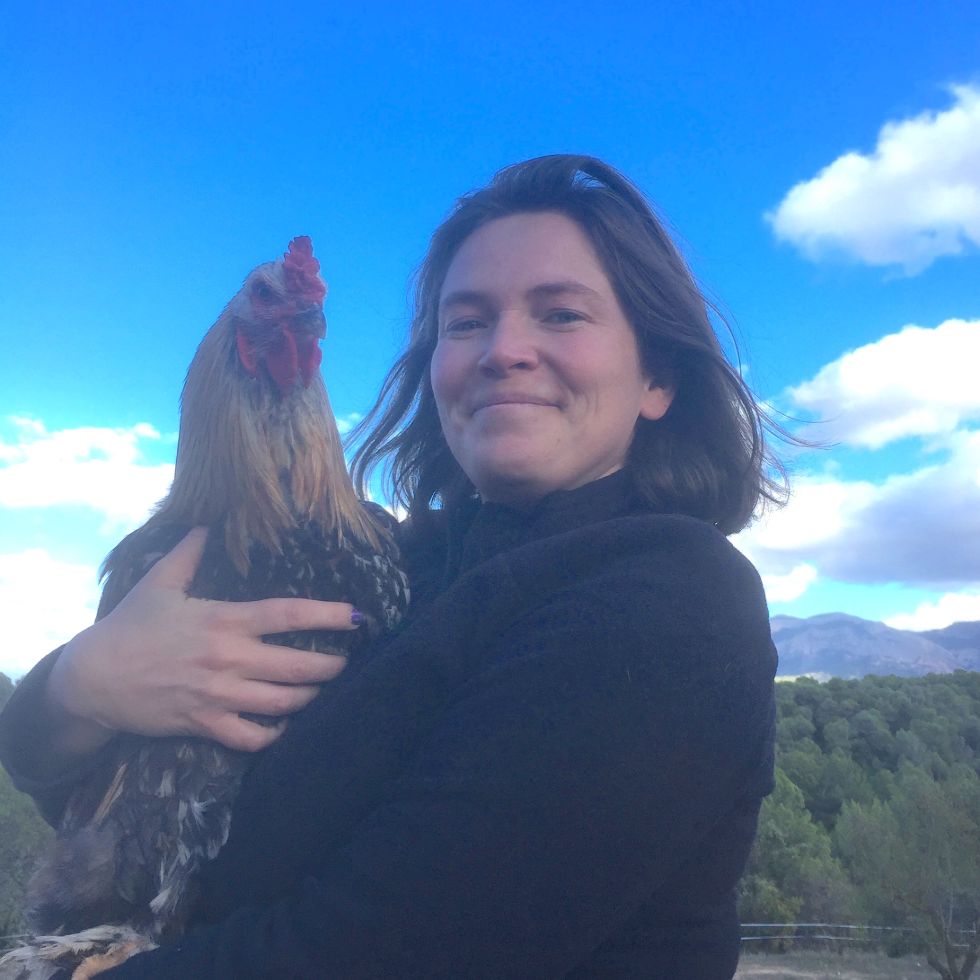
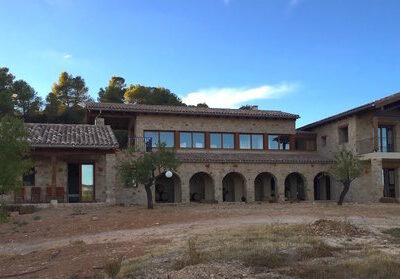
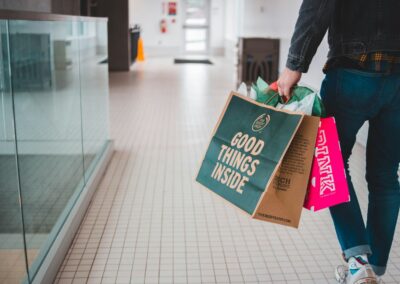
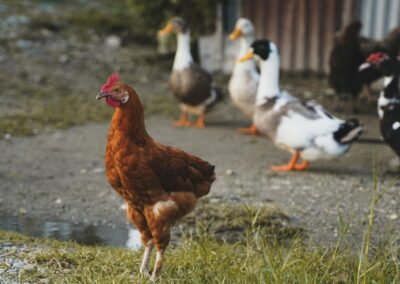
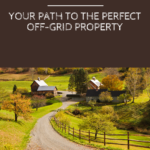
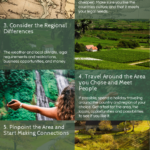
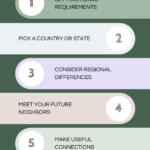
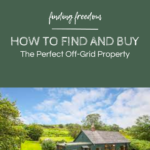
0 Comments